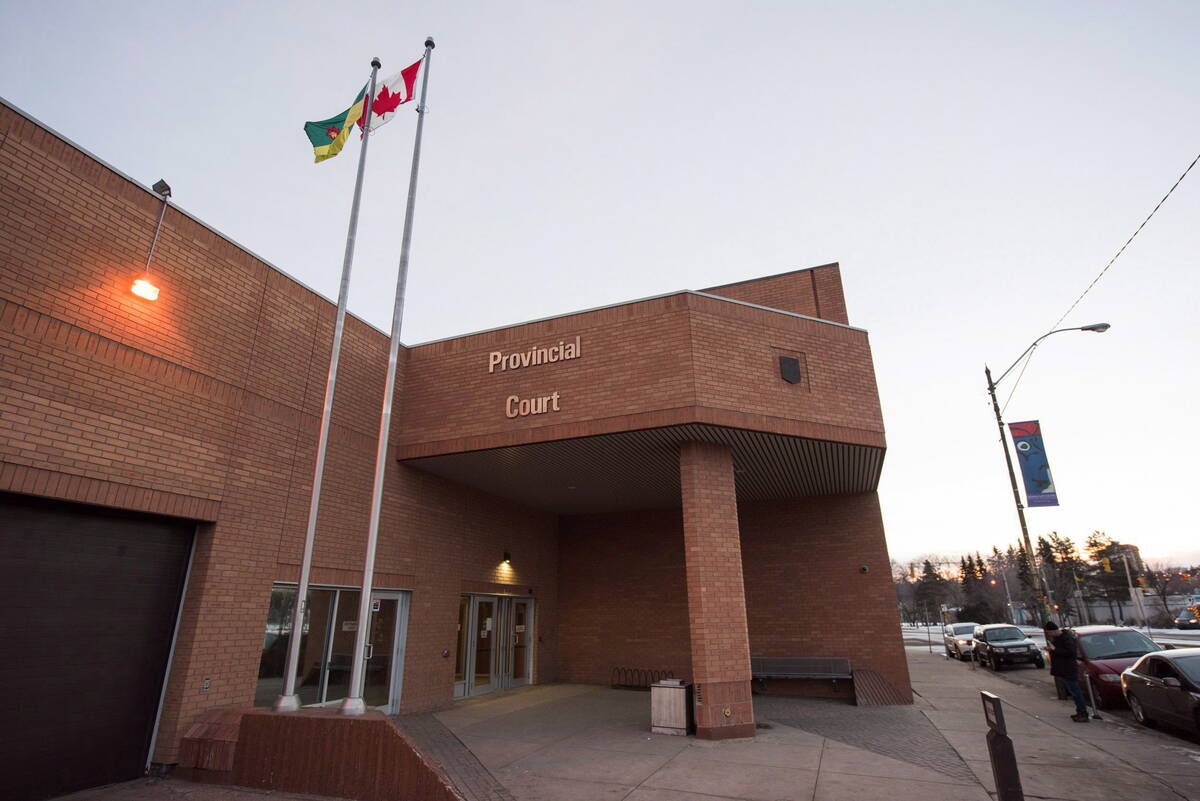Pandemic-induced travel complications have changed a lot in a year, primarily because of the development of COVID-19 vaccines and the opening of more destinations.
Now, however, it’s a big hurdle to clear the rapidly changing array of travel restrictions and requirements.
For a professional travel adviser’s take on the current environment, we spoke to Barb Crowe, president of Ixtapa Travel in Saskatoon. She indicated that the main concerns people have are safety, and cancellation policies in case things get worse.
“A key for many people is that everything be refundable.
Read Also

Understand limitation periods if considering civil suit
A limitation period refers to the amount of time a plaintiff has to commence a formal claim in court or lose their ability to pursue it.
“There is also border closure anxiety,” she added. “If I go somewhere, will I be able to get back?”
A significant recent change is that the Canadian government rescinded the blanket advisory to “avoid non-essential travel outside Canada until further notice.”
Normally, such an advisory is enough to void travel insurance coverage. Some insurance companies continued to provide coverage if the only reason for the advisory was COVID-19, but exactly how this exception was applied varied.
This change helps to take away some of the uncertainties.
However, it is still important to check your insurance policy to verify that you are covered for COVID-19. To be safe, Crowe also recommends taking out COVID-19 insurance.
Travel insurance has gone from being important to being essential. Many countries now require it as a condition of entry and may want to see your policy.
To enter Costa Rica, for example, you must be covered for at least $50,000 in medical expenses, including COVID-19 coverage, and at least $2,000 in lodging expenses in case of quarantine.
International travel is now the prerogative of the fully vaccinated, with few exceptions. Starting Oct. 30, to depart from a Canadian airport (for both domestic and international flights), passengers must be vaccinated. During a transition period from Oct. 30 to Nov. 30, showing a negative COVID-19 molecular test within 72 hours of travel will also be accepted. After that, being fully vaccinated is mandatory.
The recent announcement of the reopening of the Canada-United States land border to Canadian travellers also applies only to those who are vaccinated.
Vaccination requirements are increasingly common in many parts of the world. The Canadian government is now rolling out a COVID-19 Proof of Vaccination document in conjunction with provinces and territories. It is already available in provinces that have a provincially operated Proof of Vaccination system.
The document we have in Saskatchewan, for example, looks almost identical to the one that has been available for a few weeks, with the person’s name, date of vaccines, and a QR code that can be scanned. The only difference now is that it also has a logo at the top indicating that the country of issuance is Canada.
The idea is that someone in another part of the world may not have heard of Saskatchewan, but they will recognize Canada. These documents can be loaded onto a smartphone or printed.
The Government of Canada website stresses that “this proof does not guarantee you entry into another country.” Some countries only accept internationally recognized documents, putting Canadian travellers in a difficult situation.
Crowe cited the example of France, which requires a specific QR code. She recently had to cancel a client’s trip to The Netherlands because the lack of necessary documentation would require almost daily COVID tests.
Showing a negative test is a common requirement for entry in many parts of the world and often it has to be a specific type of test. To return to Canada, anyone five years and older needs a negative molecular COVID-19 test within 72 hours of travelling, regardless of vaccination status.
Being tested is not only another hoop to jump through; it can also be a significant part of a travel budget. Depending on the province, you may have to go to a private test facility if the reason for your test is travel. Costs might vary anywhere from $70 to $250 per person depending on the test. Then there is the cost of the more expensive molecular test for the return to Canada. Test costs abroad vary widely. In Mexico, for instance, it generally runs around US$150, sometimes more.
How safe a destination is may depend on how you like to travel. Mexico has some of the loosest travel entry restrictions in the world, with no vaccine or tests required. This laid-back approach, combined with low vaccination rates and low testing rates, concerns many.
While the country as a whole may not be doing that well with the pandemic, Crowe points out that many resorts have taken significant safety measures. She steers clients to places with safety protocols such as capacity limits, masking in certain areas, and vaccinated staff. For those who prefer to wander around independently and take public transport, Mexico might not be the best choice right now. But for resort stays, it may be a different matter.
The one thing that we can count on is that rules and restrictions will continue to change, often with little notice. Crowe recommends using a travel adviser to guide you through the planning and booking, and to prepare you in case of an emergency. Her most important piece of advice: “pack an extra bag of patience.”
See travel.gc.ca for more details on Canadian government travel advisories and current requirements.
Arlene and Robin Karpan are well-travelled writers based in Saskatoon. Contact: travel@producer.com.


















